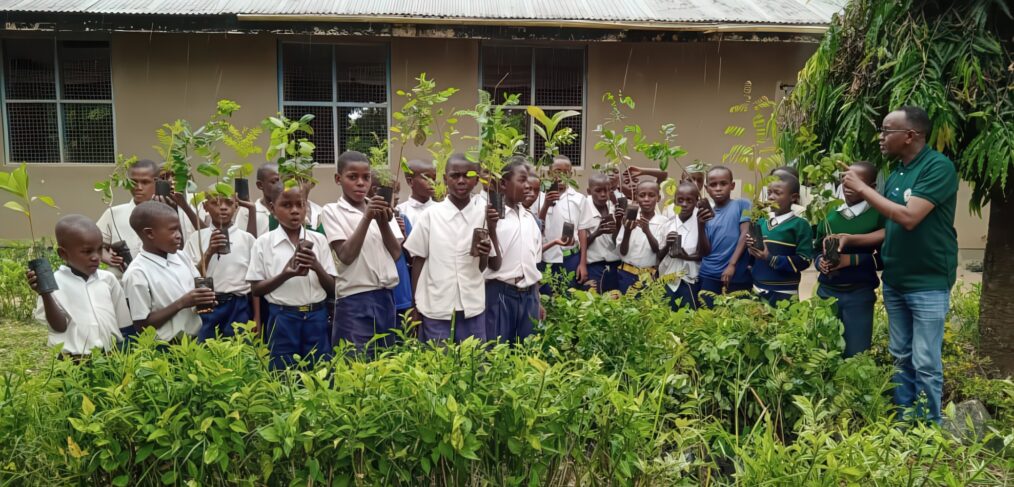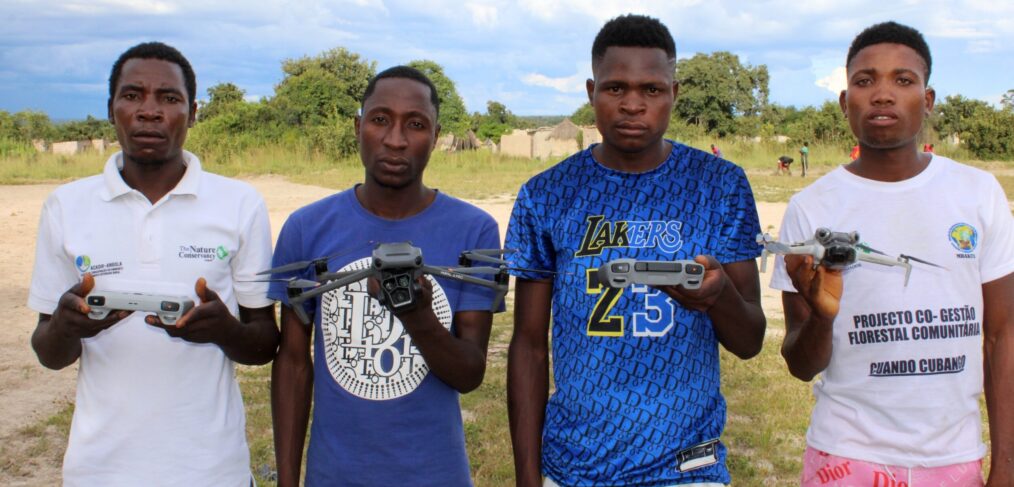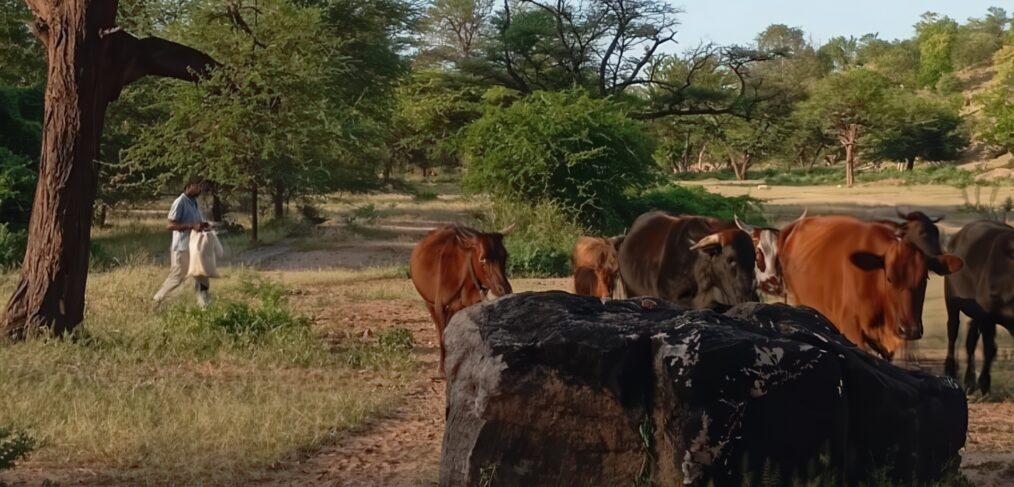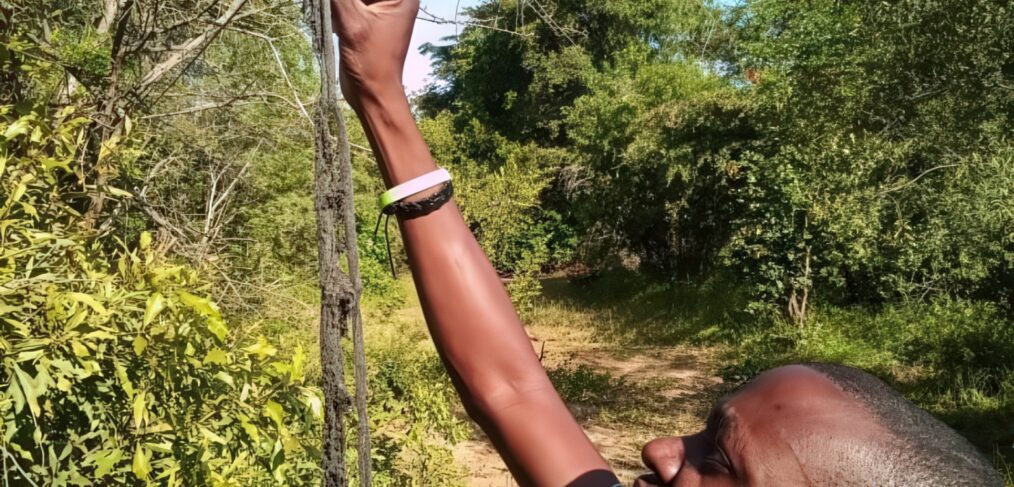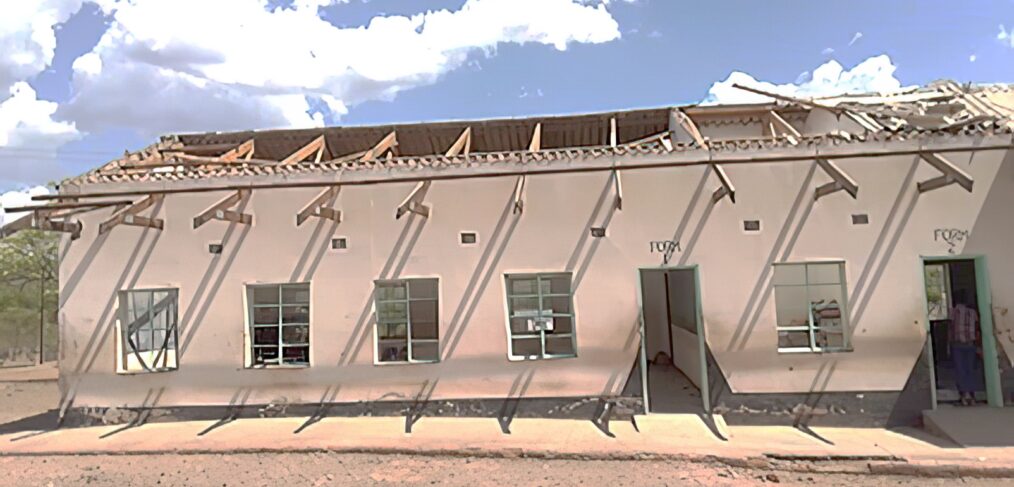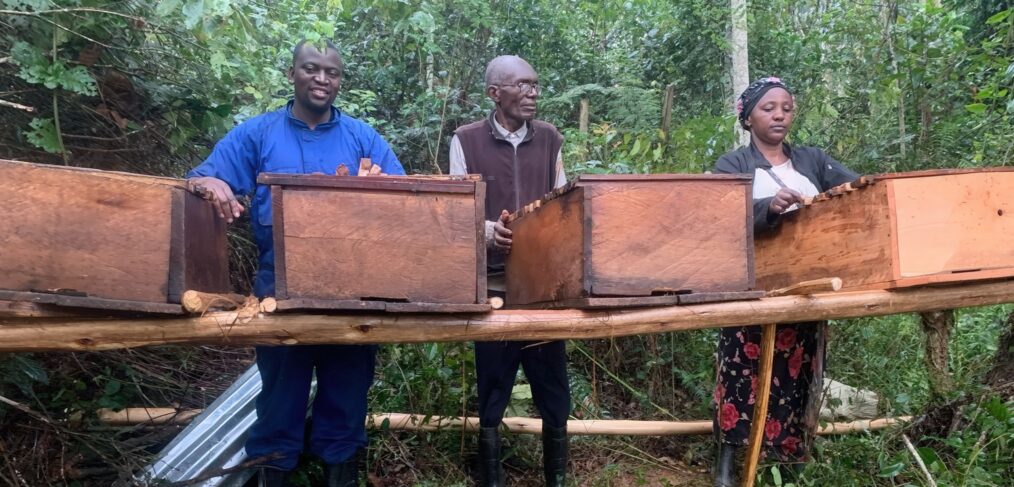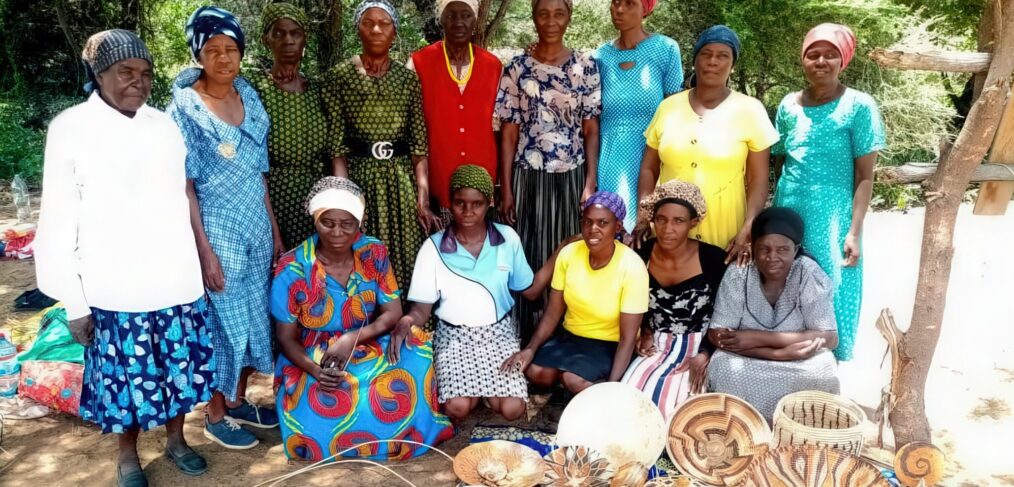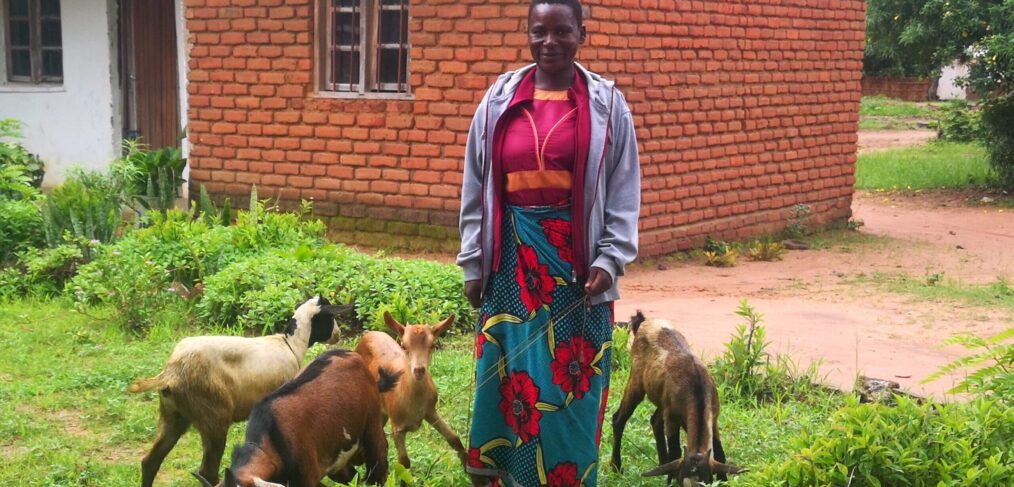Why a UK Hunting Trophy Import Ban will Harm African Communities and Wildlife:
August 2025
In June 2024, the Labour Party pledged in its election manifesto to introduce a ban on the import of hunting trophies to the United Kingdom. Now elected to government, that commitment could soon shape legislative proposals with far-reaching implications for international conservation efforts, local livelihoods, and Indigenous Peoples and Local Communities in Africa. This report has been compiled to inform that moment.
While the most recent legislative attempt — a Private Member’s Bill introduced by Conservative MP David Reed — failed to pass, the manifesto commitment signals continued political interest in the issue. We offer this document not in response to a specific bill, but in anticipation of one. Our goal is to ensure that any future policy debate is guided by science, inclusive of affected voices, and rooted in the realities of conservation on the ground — not just the sentiments of distant publics.

